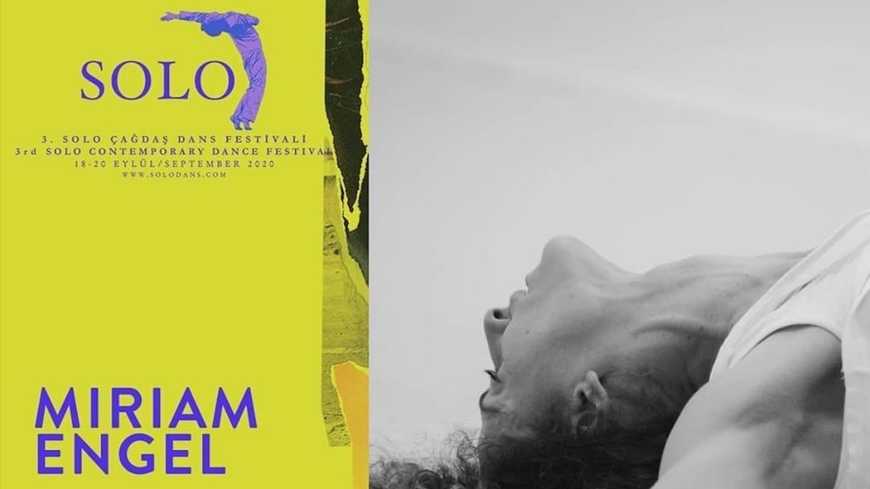An 18-day virtual trade mission organized by the Jerusalem Chamber of Commerce and Turkey’s Mediterranean Aquatic and Animal Products Exporters Association is coming to an end. The session began on Oct. 7 with the chamber’s first virtual conference on promoting Israeli-Turkish commercial relations, focusing on the food and beverage sector.
“In general, but these days especially, we believe in thinking outside of the box to open as many new markets as possible, nationally and internationally. We must promote commerce, cooperation and business opportunities vis-à-vis our many friends, who — like us — are facing challenging coronavirus times,” the Jerusalem Chamber of Commerce announced on Facebook.
The organization encouraged Israeli producers, exporters and importers in fields such as fish, frozen seafood and meat to register for the event. The trade mission seems to have attracted a wide range of Israeli companies, including supermarkets, retailers, importers and manufacturers, all seeking the finest in Turkish food, beverages, fruits and vegetables. Dozens of one-to-one meetings took place, and hopes on both sides are high for developing tangible trade cooperation.
The Israeli-Turkish trade meetings and the possibilities they produced were highly unusual and should be celebrated. Relations between Ankara and Jerusalem have been strained ever since the 2010 Mavi Marmara incident. Later, Israel apologized for the killing of Turkish activists who were aboard the flotilla and compensated their families, but relations have hardly improved. Turkish President Recep Tayyip Erdogan has ramped up his anti-Israeli rhetoric, especially on the issue of Jerusalem.
On Aug. 15, after US President Donald Trump’s announcement about Israel and the United Arab Emirates establishing diplomatic ties, Erdogan said his country was considering suspending diplomatic ties with Abu Dhabi. He also said Ankara was withdrawing its ambassador from the Emirates. On Oct. 1, addressing the Turkish Parliament, Erdogan portrayed himself as a guardian of Jerusalem, stating, “In this city that we had to leave in tears during the First World War, it is still possible to come across traces of the Ottoman resistance. So Jerusalem is our city, a city from us.” The Turkish president spent many minutes of his policy speech lamenting the fate of Jerusalem and the Palestinians’ plight.
Israeli-Turkish cultural ties are also picking up. Miriam Engel, a talented Israeli choreographer and the managing director of the Angela Dance Company, participated in the third Ankara International Solo Contemporary Dance Festival, held this September in the open air. The festival is considered a leading one in Turkey and in Europe in the field of modern dance and solo performance. Despite the pandemic, it managed to attract dancers and choreographers from 14 countries, Israel included. “Inside all of this madness, despite of it, and just moments before this crazy lockdown, flying tomorrow to perform and to teach an art class at the Solo Contemporary Dance Festival in Ankara, with youth dance choreography. I’m intrigued, grateful and so happy to take part in this wonderful festival of the CerModern center, which is one of the most special dance events of Ankara, Turkey,” Engel posted on Facebook before boarding.
The Foreign Ministry told Al-Monitor that the directors of the Turkish festival have visited Israel in the past few years on several occasions. One of them was invited as a special guest for an Israeli dance exposition in Jerusalem last year, when he met Engel and became familiar with her work. The ministry noted that several leading Turkish newspapers like Hurriyet published the festival’s program and covered Engel’s performance as though an Israeli’s performance in Turkey were a normal and natural occasion.
Another interesting cultural development was the invitation to Istanbul of Israeli street artist Nir Peled, known as Pilpeled. Pilpeled — who has exhibited in recent years in many places around the globe — was invited at the end of August by the Black Flag Art Gallery in Istanbul’s Kadikoy neighborhood for a graffiti exhibit. The project was such a success that Pilpeled was invited for a solo exhibit, with 32 works presented inside the galley — including 12 new ones — and a massive new piece painted on a wall outside the gallery space next to another by a German graffiti artist.
On the commercial side, numbers are a bit less promising. Israel’s Export Institute provided Al-Monitor data on trade between Israel and Turkey in 2018. Trade activities went down in 2019, but the institute hopes to see this trend reverse. It is already reporting improvements in Israeli exports of plastic products, machinery, iron and steel, though the numbers from the first six months of 2020 were below the previous year’s.
Israeli and Turkish airlines have kept operating flights even amid the coronavirus pandemic. During the summer, Turkey was one of the only countries to accept Israeli tourists, and an average of 150 Israelis flew daily to Istanbul in July. Of course, these numbers are far cry from the waves of Israeli tourists that used to flood the beaches of Anatolia in the pre-Marmara era.
By Rina Bassist
Source: Al-Monitor



